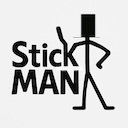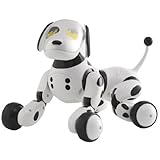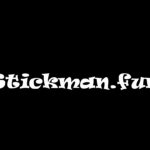ロボットの頭脳である、AI、人工知能の測定の方法に新しい物差し。
物語のクリエイティビティを測るアルゴリズムは既に完成しているという。
しかし、AIの自動物語作成機能でそのテストをパスしたものはないという。
BBCより。
Robots face new test of creative abilities
http://www.bbc.com/news/technology-30144069
 |
|
Omnibot Hello! Zoomer 【日本おもちゃ大賞2014 共有玩具部門 大賞】 新品価格 |
![]()
 |
|
Omnibot Hello! MiP White ver. 【日本おもちゃ大賞2014 ハイターゲット・トイ部門 優秀賞】 新品価格 |
![]()
 |
|
新品価格 |
![]()
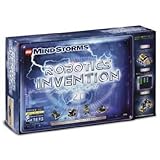 |
|
LEGO (レゴ) MindStorms 3804 Robotics Invention System 2.0 ブロック おもちゃ (並行輸入) 新品価格 |
![]()
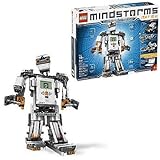 |
|
LEGO (レゴ) 8547 Mindstorms NXT 2.0 Robotics Kit ブロック おもちゃ (並行輸入) 新品価格 |
![]()
A US professor is proposing a new way to test whether artificial intelligence (AI) is on a par with that of humans.
Currently scientists use the Turing test – named after computer scientist Alan Turing – which evaluates whether an AI can convince a judge that it is human in a conversation.
Prof Mark Riedl, from the Georgia Institute of Technology, is proposing a new test.
It would ask a machine to create a convincing poem, story or painting.
Dubbed Lovelace 2.0 it is an iteration of a previous Lovelace Test, proposed in 2001.
Named after one of the first computer programmers, the original test required an AI to create something that it would be incapable of explaining how it was created.
Lovelace 2.0 develops that idea.
“For the test, the artificial agent passes if it develops a creative artefact from a subset of artistic genres deemed to require human-level intelligence and the artefact meets certain creative constraints given by a human evaluator,” explained Prof Riedl.
The artefact could be painting, poetry, architectural design or a fictional story.
“Creativity is not unique to human intelligence, but it is one of the hallmarks of human intelligence,” said Prof Riedl.
Algorithms have already created stories and paintings although according to Prof Riedl “no existing story generation system can pass the Lovelace 2.0 test”.
Inspiring music
Experts had mixed feelings about how good such a test would be.
Prof Alan Woodward, a computer expert from the University of Surrey thinks it could help make a key distinction.
“I think this new test shows that we all now recognise that humans are more than just very advanced machines, and that creativity is one of those features that separates us from computers – for now.”
